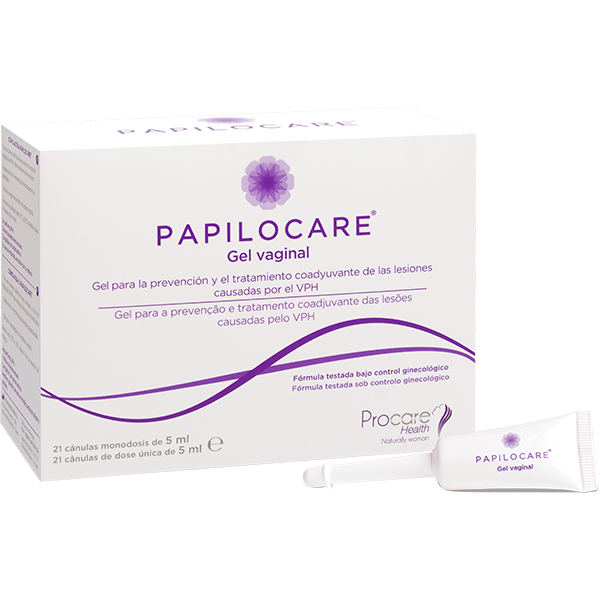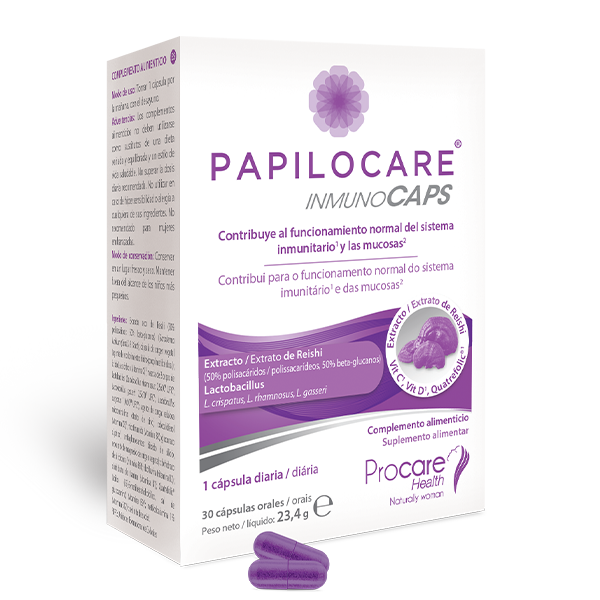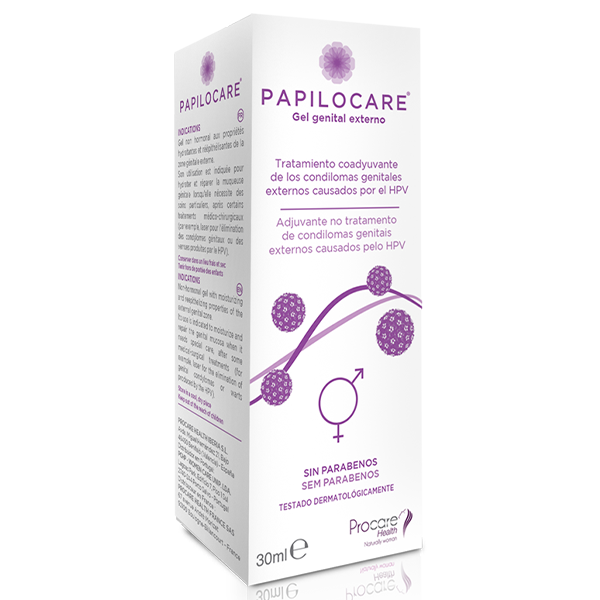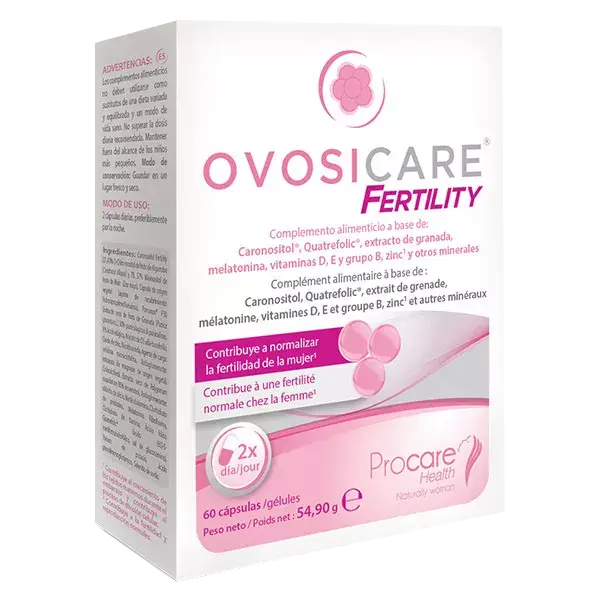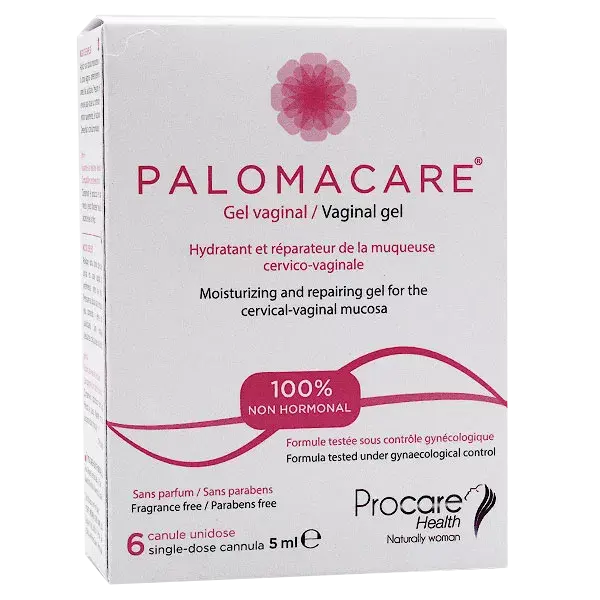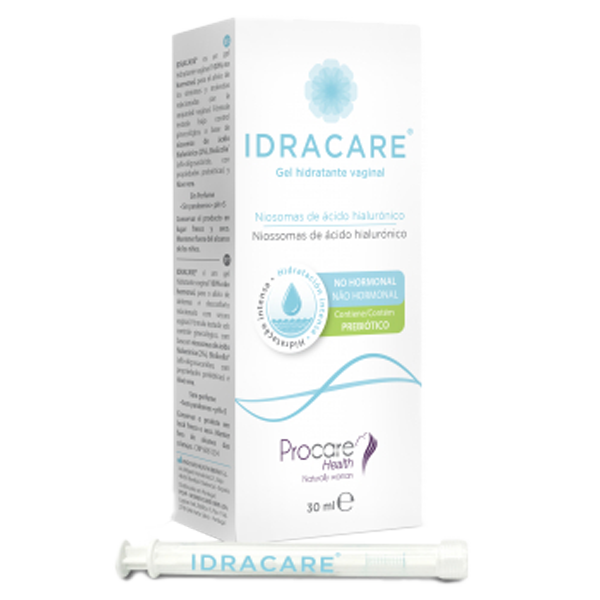Learn more about what it means if you get a diagnosis of CIN, and about your treatment
options.
What does it mean if I’ve been diagnosed with CIN?
CIN stands for cervical intraepithelial neoplasia and it means there have been some changes to the cells that line the cervix (abnormal cells).
- Cervical means it affects the cervix
- Intraepithelial means the abnormal cells are on the surface of the cervix and haven’t grown past the surface layer.
- Neoplasia means the growth of abnormal cells.
How is CIN diagnosed?
If you have had a smear test that shows some cells have changed, you will be invited for a colposcopy. A specialist doctor or nurse uses a microscope called a colposcope to look carefully at the cells of the cervix. As a result of what they see, they may diagnose CIN.
CIN is classified according to how much of the surface layer of the cervix is affected by abnormal cells.
- CIN 1 (low grade)
This means abnormal cells affect about a third of the thickness of the surface layer of the cervix. - CIN 2 (high grade)
This means abnormal cells affect about one- to two-thirds of the surface layer of the cervix. - CIN 3 (high grade)
This means abnormal cells affect more than two-thirds of the surface layer of the cervix.
What causes CIN?
CIN is caused by human papillomavirus or HPV, a very common virus that is spread through sexual contact. Most sexually active people get HPV at some point in their lives. There are many strains of the virus, but a few high-risk strains, including HPV-16 and HPV-18, are more likely to affect the cervix and cause CIN.
Is CIN cancer?
No – CIN is not cancer. But there is a risk that if CIN is not treated it may, over many years, develop into cancer. Your doctor or specialist will talk to you about your treatment options to prevent this happening.
What is the treatment for CIN?
CIN 1 rarely becomes cancer and often goes away on its own. You will be offered further smear tests or colposcopies to check if the abnormal cells are improving.
CIN 2 can either be monitored (wait and see approach) or treated. The doctor or specialist nurse who did your colposcopy will talk to you about the options.
There is a higher risk that CIN 3 could develop into cancer, and you will be offered treatment to remove the cells that have changed to prevent this happening. The most common treatment for cells that have changed is LLETZ, or large loop excision of the transformation zone. This uses a wire loop heated by an electric current to remove cells in the affected areas of the cervix.
Is there an alternative treatment for CIN?
Abnormal cells on the surface layer of the cervix are known as lesions. Doctors will aim to remove more developed lesions, as explained above, but with early-stage lesions, they take a ‘wait and see’ approach. This is because, in many cases, the abnormal cells will return to normal thanks to the body’s own immune system.
There is only one proactive solution that is proven to work with early-stage lesions, Papilocare®. Papilocare® is a natural (non-hormonal) treatment that is proven in clinical trials to treat HPV-related cervical lesions and clear all strains of the virus within six months, when used as recommended.
Papilocare® is applied to and works directly on the cervical-vaginal area, where persistent HPV can sometimes lead to changed, or abnormal, cells. The Paloma clinical trial studied how well Papilocare® worked to prevent and treat cervical lesions caused by HPV. The study found that Papilocare® cleared the virus in 63% of patients who followed the recommended treatment. This compared to 40% of patients who had no treatment, but continued on the conventional ‘wait and see’ approach.
LivBio is the official retailer of Papilocare® in the UK.
Please note that Papilocare® is not a substitute for any treatment recommended by your doctor. It is a treatment based on natural ingredients that will support your immune system to rid your body of HPV.
Where can I find out more?
Macmillan Cancer Support
https://www.macmillan.org.uk/cancer-information-and-support/worried-about-cancer/pre-cancerous-and-genetic-conditions/cin
Cleveland Clinic, a non-profit academic medical centre in the United States
https://my.clevelandclinic.org/health/diseases/15678-cervical-intraepithelial-neoplasia-cin
Jo’s Trust
https://www.jostrust.org.uk/information/abnormal-cells/about-cell-change
Read more about the Paloma trial
https://www.ncbi.nlm.nih.gov/pmc/articles/PMC7984756/
Recommended products
Papilocare® is the world’s first treatment to prevent and treat lesions caused by human
papillomavirus (HPV).
Papilocare® Immunocaps is a food supplement with a unique formula which works to
strengthen the body’s natural defences for women with human papillomavirus (HPV)
and other vaginal infections.
HPV is a virus – just like Covid is a virus – and so it’s natural to have questions about the
immune system and how best to get your body ready to fight HPV. Here we answer some of
your popular questions about HPV coming back, and the immune system.
Can HPV come back once it’s cleared?
Yes, HPV can come back once it’s been cleared from the body, although we are less sure whether you are likely to be reinfected with the same strain. There are more than 100 types, or strains, of HPV. Not all of them cause health problems, some types cause genital warts and a small number can cause certain types of cancers.
HPV is so common among people who are or have been sexually active that it’s considered a normal part of life. Just as it’s possible to get infected with different types of cold virus at different times, it is also possible to be infected with different types of HPV virus.
So when you have cervical screening, it may pick up a new infection that is different to one you’ve had before. Scientists currently know less about the chances of reinfection, which means getting infected again with the same strain of HPV.
How long can HPV remain dormant?
You may have the HPV virus in your body for a long time without having any symptoms and without knowing about it. This means you may have picked up the virus many years ago, so it can be difficult to know exactly when you got HPV, or who from.
When HPV is in this state in someone’s body it’s known as dormant, and it may not be picked up by a test. HPV can be dormant for many years, even decades. Dormant HPV can suddenly become active again, although we don’t yet know why this happens. When the virus becomes active, it can be picked up by a test, although it may not in fact be a recent infection at all.
Is HPV caused by an immune deficiency?
Being infected with HPV isn’t caused by any kind of immune deficiency. Usually our immune system works by recognising a virus or bacteria and building defences against it. But in the case of HPV our natural immunity is not very strong, and so it is very easy to get infected with the virus (human papillomavirus), or even to get infected with a different strain. You can think of it like the common cold – even though you may have got a cold one year, it won’t stop you being infected by a different cold virus the following winter, and that doesn’t mean there is a problem with your immune system. It’s just a normal part of life.
Getting HPV is normal
Most sexually active people will have HPV at some point in their lives, and many people won’t ever even know about it.
How to help my body fight HPV
Papilocare vaginal gel® is the world’s first natural treatment to prevent and heal cervical lesions caused by the HPV. It will treat cervical lesions, or if you haven’t yet developed lesions, it will prevent them and speed up the eradication of HPV from the body.
Papilocare vaginal gel® is proven to effectively treat HPV-related cervical lesions and clear all HPV strains after 6
months, when used as recommended.
Learn more about Papilocare vaginal gel®.
How to build your immune system to fight HPV
Papilocare® Immunocaps is a food supplement with a unique formula which works to strengthen the body’s natural defences for women with human papillomavirus (HPV) and other vaginal infections. It can help normalise the functions of the immune system, rebalance the natural protective environment of the vagina (microbiota) and improve the vaginal mucosa, creating an environment prepared to clear HPV naturally from the body. It is also recommended for men and women who have genital warts.
Learn more about Papilocare® Immunocaps.
Sources for reference:
https://news.cancerresearchuk.org/2021/06/16/lets-talk-about-hpv-6-common-questions-
answered/
https://www.fda.gov/consumers/women/hpv-human-papillomavirus
While HPV infection is very common, it can still lead to a lot of questions about how it affects relationships, including ‘Can you have sex with HPV?’ and ‘Does HPV mean my partner cheated?’ In this article we answer your questions, and bust some of myths about HPV, sex and relationships.
Can you get HPV without sex?
Most HPV infections that affect the genitals are caused by having sex. It would be very unusual to get HPV non-sexually. HPV is usually passed on by skin-to-skin contact – you can get HPV from:
- vaginal sex
- anal sex
- oral sex.
You don’t have to have penetrative sex to get HPV. You can get HPV from any skin-to-skin contact of the genital area, or by sharing sex toys.
Can you get HPV from a toilet seat?
HPV-infected (human) cells were found on certain surfaces in a Genito-Urinary Medicine clinic – coloscope handles, toilet flush handles, toilet door handles etc. However, there is no evidence that the DNA in these cells would be viable, and no certainty about whether the virus can be transmitted via environmental surfaces (known as fomites).
While cells infected with HPV are clearly shed by humans, the possibility of transmission is currently unknown, and the chances must be miniscule.
Can a man give a woman HPV?
Yes, a man who is infected with HPV can pass the virus to a woman he has sex with. There is more focus on HPV in women because of the risk of cervical cancer. But in fact a study published in the Journal of Infectious Diseases found that men were more likely to be infected with HPV than women, making sex with men the main route to infection for Women.
Can you have sex if you have HPV?
Yes, you can continue have sex if you have HPV, but you may want to talk to any sexual partner first, be aware of the risks, and practise safe sex.
HPV is the most common sexually transmitted infection, and most people will have HPV at some point in their lives. Most of us will have no symptoms, and in nine out of ten cases, HPV will be eliminated naturally from the body within two years.
In a smaller number of people, a longer-lasting HPV infection can lead to genital warts or certain types of cancer. While you can’t completely protect yourself or your partner from passing on the virus, you can lower the risk by using condoms and dental dams (a piece of thin latex or polyutherane you can use on the genitals as protection during oral sex). But these types of barrier protection only cover part of the genitals, while the HPV virus lives on the skin, including the whole genital area. This means condoms or dental dams can’t completely eliminate the risk of infection.
Does HPV mean my partner cheated?
No, it doesn’t mean your partner was unfaithful, even if you have been in the same relationship for many years. You may have the HPV virus in your body for a long time without having any symptoms and without knowing about it. This means you may have picked up the virus many years ago, so it can be difficult to know exactly when you got HPV, or who from.
When HPV is in this state in someone’s body it’s known as dormant, and it may not be picked up by a test. HPV can be dormant for many years, even decades. Dormant HPV can suddenly become active again, although we don’t yet know why this happens. When the virus becomes active, it can be picked up by a test, although it may not in fact be a recent infection at all.
How do I get rid of HPV?
In most cases, the body’s own immune system will clear HPV, usually in about two years. Sometimes, if a high-risk type of virus remains for longer in your body, we can start to see changes to cells in the cervix. These abnormal cells are known as lesions. Doctors will aim to remove more developed lesions, but with early-stage lesions, they take a ‘wait and see’ Approach.
There is only one proactive solution that is proven to work with early-stage lesions, Papilocare vaginal gel®. Papilocare vaginal gel ® is a natural (non-hormonal) treatment that is proven in clinical trials to treat HPV-related cervical lesions and clear all strains of the virus within six months, when used as recommended.
If you’ve tested positive for HPV but haven’t yet developed lesions, the current medical guideline is to ‘wait and see’; i.e., do not use any medication. If you are interested in taking a food supplement to support your body’s immunity against HPV, there is a product called Papilocare Immunocaps®. It contains reishi mushroom, which is a mushroom used widely in traditional Chinese medicine and has shown immune boosting effect in a number of studies.
LivBio is the official and exclusive retailer of Papilocare vaginal gel® and Papilocare Immunocaps® in the UK. Learn more about LivBio and Papilocare® vaginal gel®.
References:
https://www.jostrust.org.uk/information/hpv/how-do-people-get-hpv#:~:text=HPV%20in%20long%2Dterm%20relationships,or%20'clinically%20insignificant'%20HPV.
https://www.cdc.gov/std/hpv/stdfact-hpv.htm#:~:text=It%20is%20most%20commonly%20spread,sex%20with%20only%20one%20person.
https://www.cdc.gov/std/hpv/stdfact-hpv-and-men.htm
https://www.nhs.uk/conditions/human-papilloma-virus-hpv/#:~:text=You%20do%20not%20need%20to,vaginal%2C%20anal%20or%20oral%20sex
https://academic.oup.com/jid/article/217/6/869/4780192
https://www.cancer.org.au/cervicalscreening/i-am-over-25/what-does-my-test-result-mean/what-about-my-partner
https://my.clevelandclinic.org/health/drugs/22887-dental-dam
Disclaimer
Information on this website is provided for informational purposes only and not intended as a substitute for the advice provided by your physician or other healthcare professional. You should not use the information on this web site for diagnosing or treating a health problem or disease, or prescribing any medication or other treatment. For medical advice, diagnosis and prescription, please consult a healthcare professional.
HPV that stays in the body for a long time is known as persistent HPV. In this article we answer some of your questions about persistent HPV, including what it is, how long it can persist, how to reduce the risk of HPV-related cancers, and how to clear persistent HPV.
What is persistent HPV?
Persistent HPV is an infection with the human papillomavirus that remains in the body for a long time. Most people who get infected with the HPV virus find their own immune system clears it from their body within about two years. But about one in ten women will not be able to get rid of HPV from their body, and the virus may persist for many years. This is considered a persistent HPV infection.
What causes persistent HPV infection?
We don’t yet know why some people are not able to clear HPV from their body. Scientists are researching the possible reasons why, including studying people’s ability to fight the virus (the immune system), or the way cells in the body that are infected with HPV divide.
Does persistent HPV always cause cancer?
No – having persistent HPV doesn’t mean you will definitely get cancer. But it may increase the risk, in combination with other risk factors. These include smoking, or a weakened immune system.
The best way to reduce your risk of getting HPV in the first place is getting the vaccine to prevent infection, although this doesn’t offer complete protection.
Other ways to reduce your risk of developing an HPV-related cancer include not smoking (or stopping). And remember that going for regular cervical screening tests (smear tests) when you are invited is the best way to pick up any cell changes early. Finding early cell changes means they can be monitored or treated as necessary, before they become cancer.
Which cancers can be caused by HPV?
The main type of cancer caused by HPV infection is cervical cancer. But this is not a common cancer. According to Cancer Research UK (CRUK), cervical cancer is the 14th most common cancer in women in the UK.
HPV can cause some other cancers: of the vagina, vulva, penis, anus and some types of mouth and throat cancer. CRUK reports that these are even rarer than cervical cancer.
How does HPV cause cancer?
There are two types of HPV that are sexually transmitted – low-risk and high-risk. Low-risk types of the virus can cause warts, which have no relation to cancer.
Two of the high-risk types, HPV-16 and HPV-18, cause most HPV-related cancers. If these high-risk types stay in the body for a long time, they can cause changes to the cells and over time the cells can start to divide in an uncontrolled way. This can lead to cancer, in which cells divide and grow out of control, causing tumours.
The UK’s national cervical screening programme is designed to find any signs that cells have changed. These changed cells are called lesions. Low-grade lesions usually clear up on their own.
High-grade lesions may contain precancerous cells, and if left untreated, over about 10-15 years in a person with a healthy immune system these may develop into cancer. With the right monitoring, and treatment, cells that have changed won’t develop into cancer.
How to help clear persistent HPV?
Papilocare® is a non-hormonal vaginal gel for the prevention and treatment of HPV-related cervical lesions (cells in the cervix that have changed, also known as abnormal cells). It is based on the natural ingredient Coriolus versicolor, a mushroom traditionally used in Chinese medicine to enhance immunity. Papilocare® is applied to and works directly on the cervical-vaginal area, where persistent HPV can sometimes lead to changed, or abnormal, cells.
Is Papilocare® proven to work?
In April 2021 the Journal of Lower Genital Tract Disease published the results of the Paloma clinical trial studying how well Papilocare® prevents and treats HPV-related lesions. The study looked at the safety and efficacy of Papilocare®.
The study recruited 91 women who had tested positive for HPV and who had changes to the cells of their cervix. The women were randomly split into three groups. Two received treatment with Papilocare® (which varied slightly in duration between the two groups) and a third group had no treatment, but continued on the conventional ‘watchful waiting’ approach.
The results were:
Papilocare® was shown to normalise low-grade cervical lesions (changed cells) in 88% of high-risk HPV-positive patients after six months of treatment.
This compared to normalised cervical lesions in 56% of patients in the ‘control’ group, who received no treatment.
Papilocare® cleared the virus in 63% of patients who followed the recommended treatment, compared to 40% of the control group
Treatment with Papilocare® was safe, and showed good tolerability.
Read the full study.
Sources:
https://www.cancer.gov/about-cancer/causes-prevention/risk/infectious-agents/hpv-and-cancer
https://www.who.int/news-room/fact-sheets/detail/cancer
https://www.hopkinsmedicine.org/health/conditions-and-diseases/human-papillomavirus-hpv/hpv-5-things-all-women-should-know
https://www.cdc.gov/cancer/hpv/basic_info/index.htm
https://www.jostrust.org.uk/information/cervical-cancer/causes-risks?gclid=Cj0KCQiAwJWdBhCYARIsAJc4idA3MK4gI5Mfhu3Mu9b8QlpCV7fAqmkagq-BABAECtTACjb9sGk6XMcaAsVpEALw_wcB
To find out more about persistent HPV visit jostrust.org.uk
Find out more about Papilocare®
Disclaimer: Information on this website is provided for informational purposes only and not intended as a substitute for the advice provided by your physician or other healthcare professional. You should not use the information on this website for diagnosing or treating a health problem or disease, or prescribing any medication or other treatment. For medical advice, diagnosis and prescription, please consult a healthcare professional. More Information >
Disclaimer: Information on this website is provided for informational purposes only and not intended as a substitute for the advice provided by your physician or other healthcare professional. You should not use the information on this website for diagnosing or treating a health problem or disease, or prescribing any medication or other treatment. For medical advice, diagnosis and prescription, please consult a healthcare professional.
© LivBio Limited 2024 All Rights Reserved.
